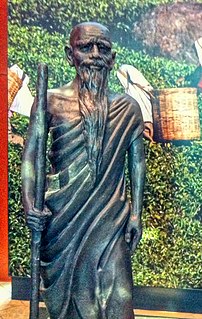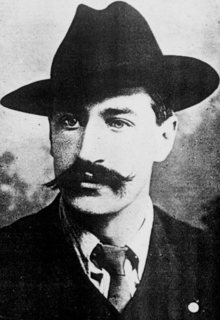A Quote by Eckhart Tolle
I know that at the core of each religion there is the truth, heavily obscured in some cases, but it's there.
Related Quotes
Among the hundreds of so-called "UFO reports" each year, a sizable fraction of those clearly observed by reputable witnesses remain unexplained-and difficult to explain in conventional terms. There is a modicum of physical evidence, radar cases, residual effects, and some films-and photographs in support of the unexplained cases. Collectively, these cases constitute a genuine scientific mystery, badly in need of well-supported, systematic investigation.
I believe that the core battle of our day is the battle to defend the inherent dignity of each and every person, the inherent beauty of each and every soul to be respected and treated as beautiful, unique, and sacred child of a loving God. No matter where they are, no matter what they look like, no matter what their status, each is noble and should be treated as such. The beauty of the individual is truth and we know it in our hearts.
In the strengthening the core job, a leader can draw on their past experiences. After all, in most cases they did the job of the people that are reporting to them! So they know when something is screwed up, they know the risks worth taking, and they know the corners to cut. But when they are creating the new, no one knows what the right answer is.
The separation of church and state is necessary partly because if religion is good then the state shouldn't interfere with the religious vision or with the religious prophet. There must be a realm of truth beyond political competence, that's why there must be a separation of churches, but if religion is bad and a bad religion is one that gives an ultimate sanctity to some particular cause. Then religion mustn't interfere with the state - so one of the basic Democratic principles as we know it in America is the separation of church and state.



































